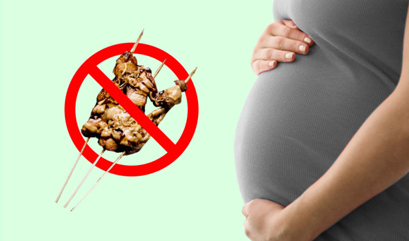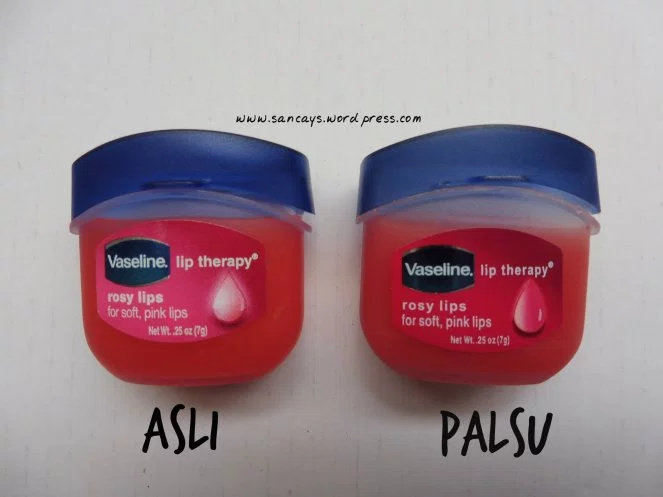When it comes to pregnancy, women are often advised to be cautious about their diet and make sure that they consume healthy and safe foods. One food item that has been the subject of debate for pregnant women is Sate Padang, a popular Indonesian dish.
Many people believe that eating Sate Padang during pregnancy can have negative effects on both the mother and the unborn baby. However, is there any scientific evidence to support these claims? Let’s dig deeper into this topic and separate fact from fiction.
The Concerns
One of the main concerns raised is the use of certain spices and ingredients in Sate Padang that might not be suitable for pregnant women. Some of these spices include galangal, turmeric, and chili peppers. There is a common belief that these spices can cause heartburn, indigestion, and even lead to miscarriage.
Another concern is the preparation method. Traditional Sate Padang is often grilled over an open flame, which can increase the risk of foodborne illnesses such as Salmonella or E. coli. Pregnant women are more susceptible to these infections due to their compromised immune system during pregnancy.
The Facts
While it’s important for pregnant women to be cautious about their diet, there is no scientific evidence suggesting that eating Sate Padang during pregnancy can directly harm the mother or the baby. The spices used in Sate Padang, such as galangal and turmeric, are commonly consumed in many other dishes and are generally safe for pregnant women when consumed in moderation.
Chili peppers, on the other hand, can cause heartburn or indigestion in some individuals, pregnant or not. If a pregnant woman experiences discomfort after eating spicy foods, it is advisable to consume them in moderation or avoid them altogether if necessary.
As for the concern about foodborne illnesses, it is important to note that proper food handling and cooking practices can greatly reduce the risk. Sate Padang, like any other grilled food, should be cooked thoroughly to kill any potential bacteria or pathogens. Pregnant women should ensure that the meat is well-cooked and avoid consuming undercooked or raw meats. It is also recommended to choose reputable food vendors or restaurants that prioritize food safety and hygiene.
Conclusion
In conclusion, there is no concrete scientific evidence suggesting that eating Sate Padang during pregnancy is harmful. However, pregnant women should always prioritize their health and make informed choices about their diet. It is advisable to consume Sate Padang or any spicy foods in moderation and ensure it is properly cooked to minimize the risk of foodborne illnesses. If any discomfort or reactions occur after consuming spicy foods, it is always best to consult with a healthcare provider for personalized advice and guidance.




